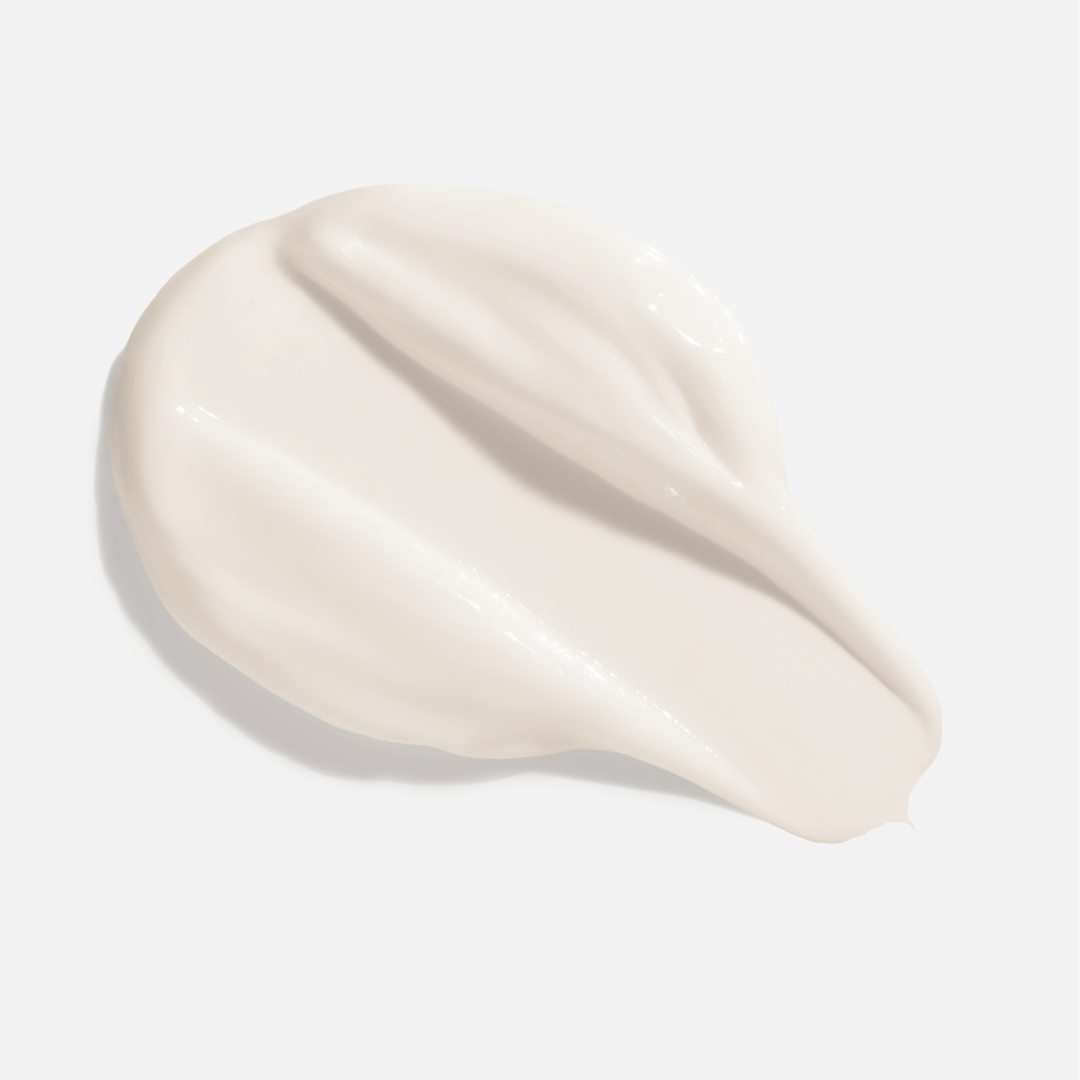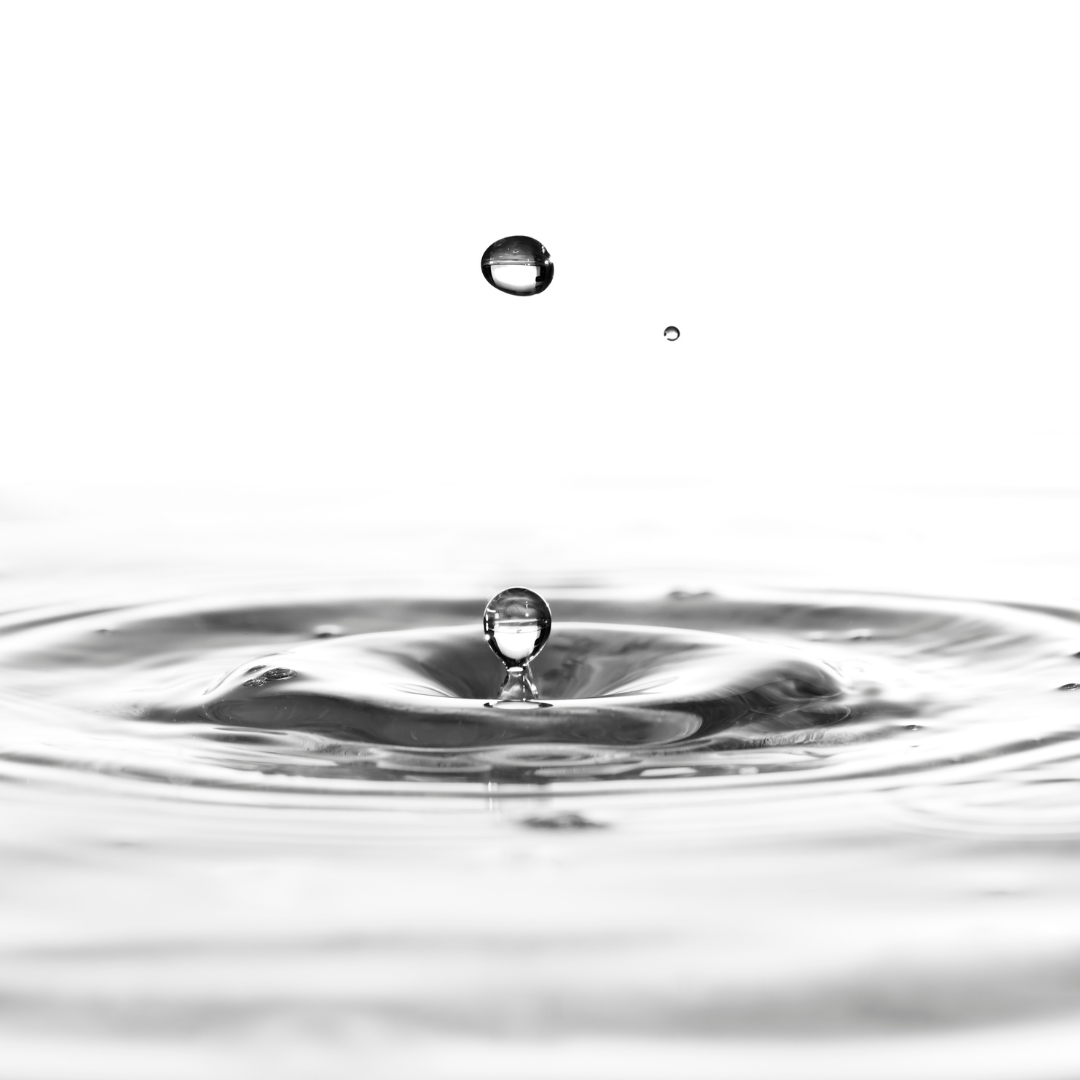The words 'fragrance' and 'parfum' seem innocent enough. Most of us don't give 'fragrance' a second thought in skincare ingredient lists.
But fragrance & parfum can contain a complex mix of harmful chemicals, with a single artificial scent made up of anywhere between 15-300 different chemicals. Don't expect to find any of them on the label though, they're legally considered a 'trade secret'.
While scent uplifts our mood, there's good reason to champion fragrance-free products for the skin, particularly to help protect our hormonal health. A 2016 report found 75% of the harmful chemicals detected in cosmetics were found in their fragrance, including endocrine-disrupting chemicals (EDCs).
Female reproductive disorders are increasing at an alarming rate, and a sweeping review of over 250 studies suggests EDC's are a key contributor. Here we'll focus on two EDCs - phthalates & synthetic musks, along with volatile organic chemicals (VOCs), and the benefits of going fragrance-free.











